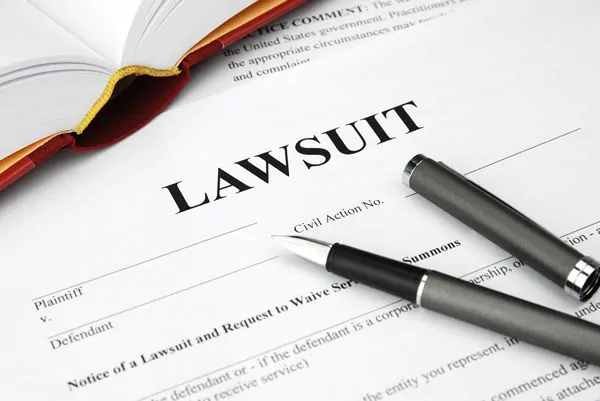Can a Couple Use the Same Lawyer for a Divorce?

Divorce is a difficult and emotionally challenging process for any couple. When it comes to legal matters, one common question that arises is whether both spouses can use the same lawyer for their divorce proceedings.
The Role of Divorce Lawyers
Divorce lawyers are legal professionals who specialize in family law and assist couples in navigating the divorce process.
When representing both parties in a divorce, it becomes challenging to provide impartial advice and advocate for conflicting interests.
Legal Representation and Advocacy
Using the same lawyer can compromise each spouse’s legal representation and advocacy. A lawyer who represents both parties may find it difficult to provide the same level of dedication and commitment to each spouse individually.
Maintaining Confidentiality
Open and honest communication is vital during a divorce, and having separate lawyers allows for confidential discussions without fear of compromising the process.
Equal Access to Legal Advice
Using the same lawyer can create a situation where one spouse has limited access to legal advice. Conflicts of interest may arise, leading to potential bias and favoritism towards one party. Each spouse deserves equal access to legal guidance to ensure fairness throughout the divorce proceedings.
Communication and Negotiation
Effective communication and negotiation are crucial in reaching a fair settlement during a divorce. When each spouse has their own lawyer, it allows for better communication channels and negotiation strategies. Separate legal representation encourages open dialogue and a more collaborative approach to resolving conflicts.
Unbiased Legal Advice
Having separate lawyers ensures that each spouse receives unbiased legal advice. Lawyers have a duty to act in their client’s best interests, and this can only be achieved when representing one party exclusively. Unbiased advice helps spouses make informed decisions and protects them from potential conflicts that may arise when sharing legal representation.
Division of Assets and Child Custody
Divorce involves the division of assets and, in cases where children are involved, determining child custody arrangements. These matters require careful consideration and negotiation. Using the same lawyer can create conflicts of interest when it comes to dividing assets fairly and determining the best interests of the children involved.
Pros and Cons of Using the Same Lawyer
The pros include potential cost savings and simplified communication. However, the cons, such as conflicts of interest and compromised advocacy, outweigh these benefits, making it less advisable to use the same lawyer for a divorce.
Alternatives to Using the Same Lawyer
If both spouses wish to maintain an amicable relationship and reduce conflict during the divorce process, there are alternative approaches available. Mediation and collaborative divorce are two popular methods that promote open communication, cooperation, and the involvement of neutral professionals to facilitate the resolution of disputes.
Understanding Collaborative Divorce
Collaborative divorce is a process where each spouse hires their own attorney but commits to resolving disputes outside of court. Collaborative divorce can be a more harmonious and less adversarial option for couples seeking to divorce amicably.
Conclusion
While it may be tempting for a couple to use the same lawyer for their divorce, it is generally not recommended due to conflicts of interest and compromised advocacy. Each spouse deserves independent legal representation to protect their individual interests and ensure a fair outcome. Open and honest communication, access to unbiased advice, are critical aspects of a successful divorce process.
FAQs
Q1. Can using the same lawyer lead to conflicts of interest? Yes, using the same lawyer can create conflicts of interest as the lawyer may find it challenging to provide impartial advice and advocate for conflicting interests.
Q2. Is it important to protect individual interests during a divorce? Yes, it is crucial to have independent legal representation to safeguard individual rights and priorities during the divorce process.
Q3. What are the advantages of having separate lawyers for a divorce? Separate lawyers ensure unbiased legal advice, better protection of individual interests, and improved communication and negotiation channels.
Q4. Are there alternatives to using the same lawyer for a divorce? Yes, alternatives such as mediation and collaborative divorce offer more cooperative approaches to resolving disputes outside of court.
Q5. Why is collaborative divorce recommended for couples seeking an amicable divorce? Collaborative divorce promotes open communication, cooperation, and involvement of neutral professionals, allowing for a more harmonious and less adversarial divorce process.
In conclusion, using the same lawyer for divorce is generally not advisable due to conflicts of interest and compromised advocacy. Each spouse should seek independent legal representation to protect their individual rights and ensure a fair outcome. Considering alternative approaches like collaborative divorce can help couples achieve a more amicable resolution.





